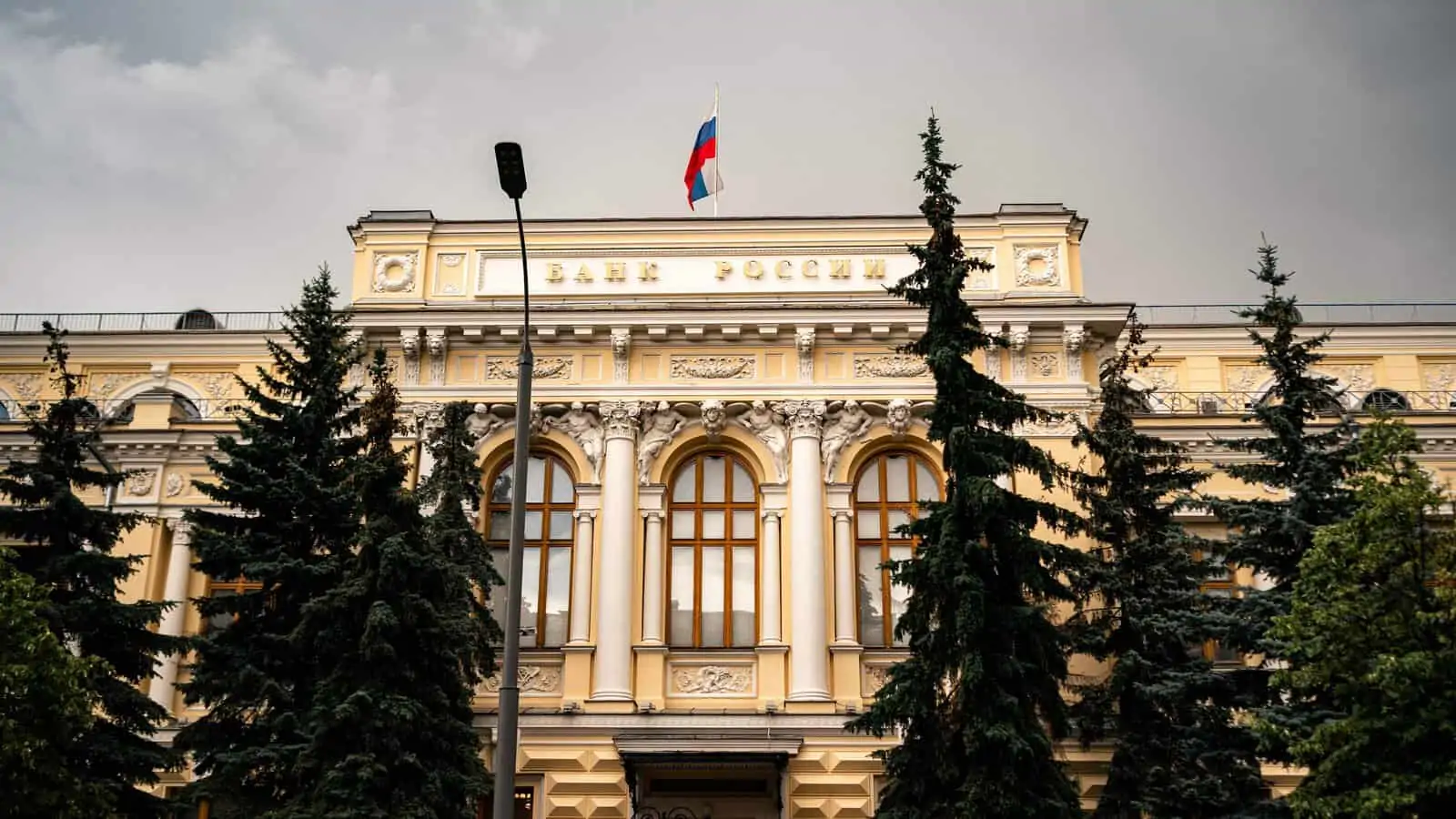Russia's Central Bank has announced that it will begin collecting data to assess the potential risks of the cryptocurrency industry and will launch the first pilot for the digital ruble next year.
This week, the Central Bank of Russia announced that it will be conducting a survey of 15 companies that provide financial services, including Sberbank, Western Union, Visa and Mastercard, to understand and assess the potential risks of investing in digital assets.
In schedule published by the bank, called “Bank of Russia survey program for the second half of 2021”, the entity indicated that it will begin collecting data from companies during this month of July. The survey will be carried out by the Financial Stability Department of the Central Bank.
The intention of the entity, as explained, is to obtain information on current trends in the financial industry and evaluate the systemic and potential risks that exist in relation to investments in cryptocurrencies, Of course, the analysis that the Central Bank will present for the fourth quarter of the year will focus on the protection of individuals and legal entities in the country.
On the other hand, the bank confirmed that next year it will launch the first test pilot for its central bank digital currency (CBDC), the digital ruble. The entity has been working on the development of a CBDC since last year, according to the governor of the bank Elvira as Nabiul, during one Press conference.
It may interest you: What will happen to Bitcoin? The United States and Russia could be the new leaders of the crypto industry
Digital ruble pilot involves 12 banks
A total of 12 banks will participate in the first test pilot that the Central Bank of Russia is preparing for its CBDC. According to the information shared in the release of the Central Bank, the initiative to participate in the pilot came from the banking entities themselves, who asked to collaborate in the development of this project.
Amongst the commercial banks Among those who will be taking part in the first test of the digital ruble are: gazprombank, Sberbank, VTB Bank, Ak Bars Bank, among others. It is important to note that the first, Gazprombank belongs to the Gazprom consortium, which is involved in the energy industry. cryptocurrency mining through a subsidiary Gazpromneft. For its part, Sberbank has been working on developing its own native token based on blockchainVTB Bank has also been involved in the digital industry and recently issued a digital guarantee on blockchain in favor of mobile services company MTS.
The first test of the CBDC will begin next January and will be carried out in several stages throughout 2022.
Improve availability and reduce costs
With this first pilot, the bank wants to ensure the functioning and viability of the currency, which is being developed to address some of the most common problems of current financial systems.
Specifically, the Central Bank of Russia noted that its digital ruble will help “create a new payment infrastructure to increase availability and reduce the cost of payments and transfers for citizens and businesses”The bank will issue digital rubles and enable certain operations in its first pilot to evaluate the functioning and performance of the digital currency. It will then expand the number of participants and usage scenarios.
In October, when the study of a CBDC was announced, the governor of the Central Bank clarified that Russia would be taking an important step in innovation and technological development with the issuance of a digital currency. She also pointed out that the creation of a digital ruble would be focused on user privacy, but that this could not be confused with anonymity, since the entity needs to guarantee a high level of transparency in operations to minimize the risks of financial crimes and other illicit activities.
Russia, cryptocurrencies and blockchain
Russia, the largest country in the world, has shown great interest in the development of technology. blockchain, although its interest in cryptocurrencies has been much more cautious. Thus, at the beginning of this year, the Russian government implemented the DFA law that prohibits the use of cryptocurrencies as a means of payment, but legalizes investment and savings using these digital assets.
On the other hand, the president issued a decree to require the country's public officials to declare their holdings in cryptocurrencies and digital assets and has focused on creating surveillance tools that allow tracking transactions with privacy cryptocurrencies, such as Dash y Monero.
As for Blockchain, Russia believes that this, along with new technologies, will foster and boost the technological development of the country in the coming years. The government has even used blockchain technology to create a digital voting system and has prioritized its development within its state policy.
Continue reading: The United States and Russia could reach a bilateral agreement to combat ransomware




